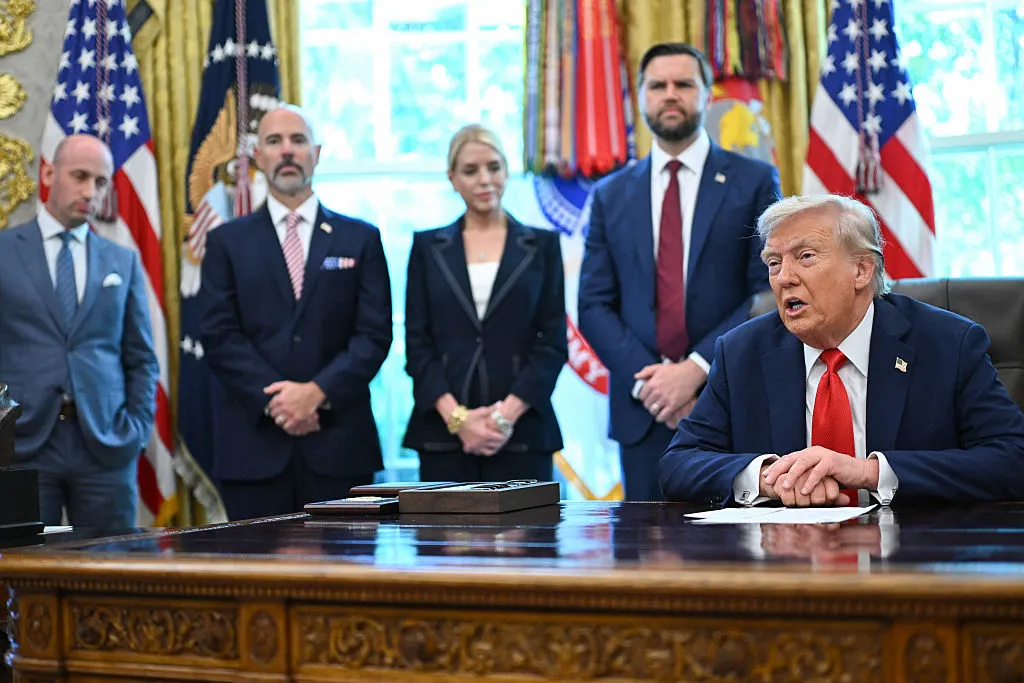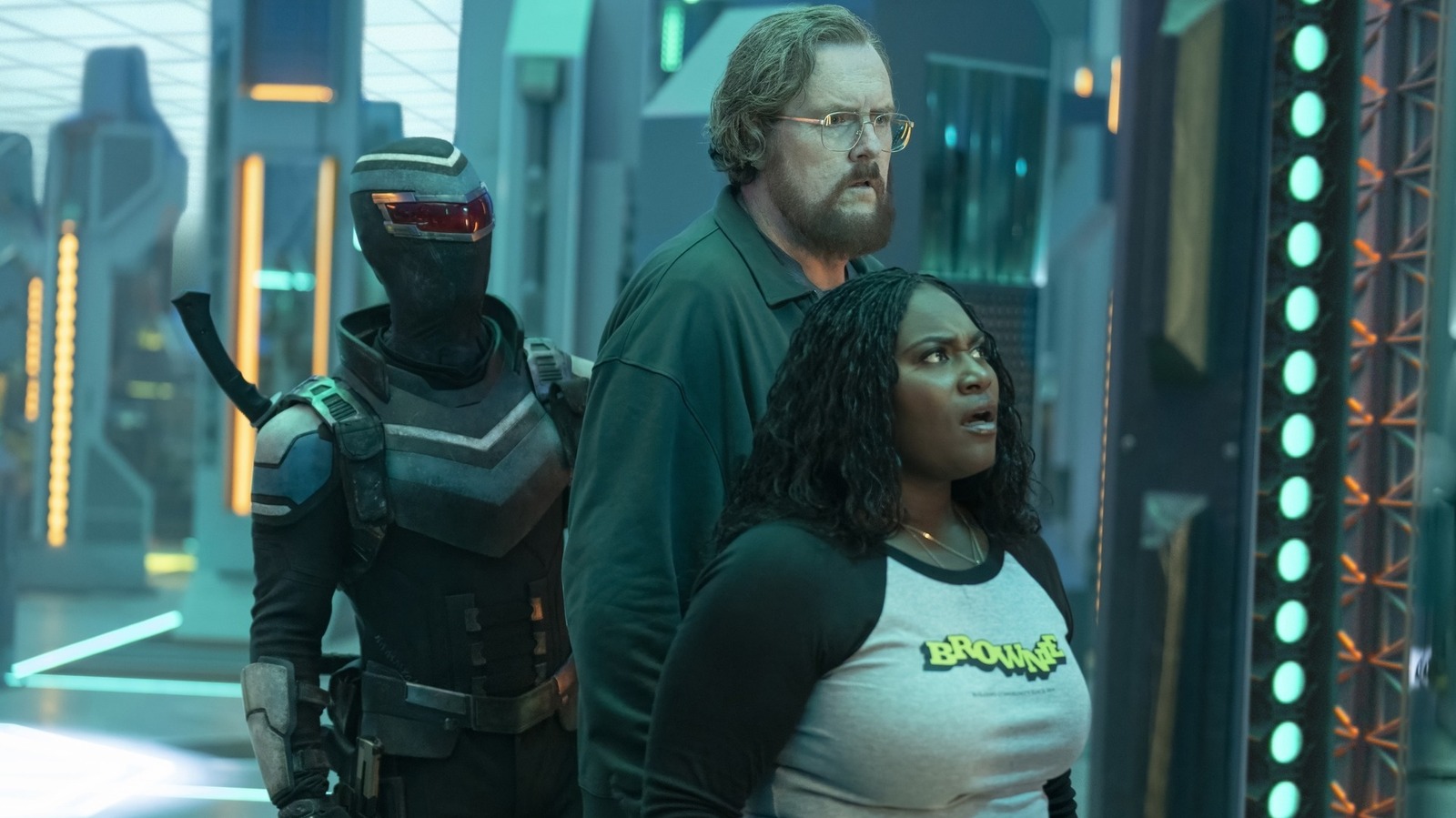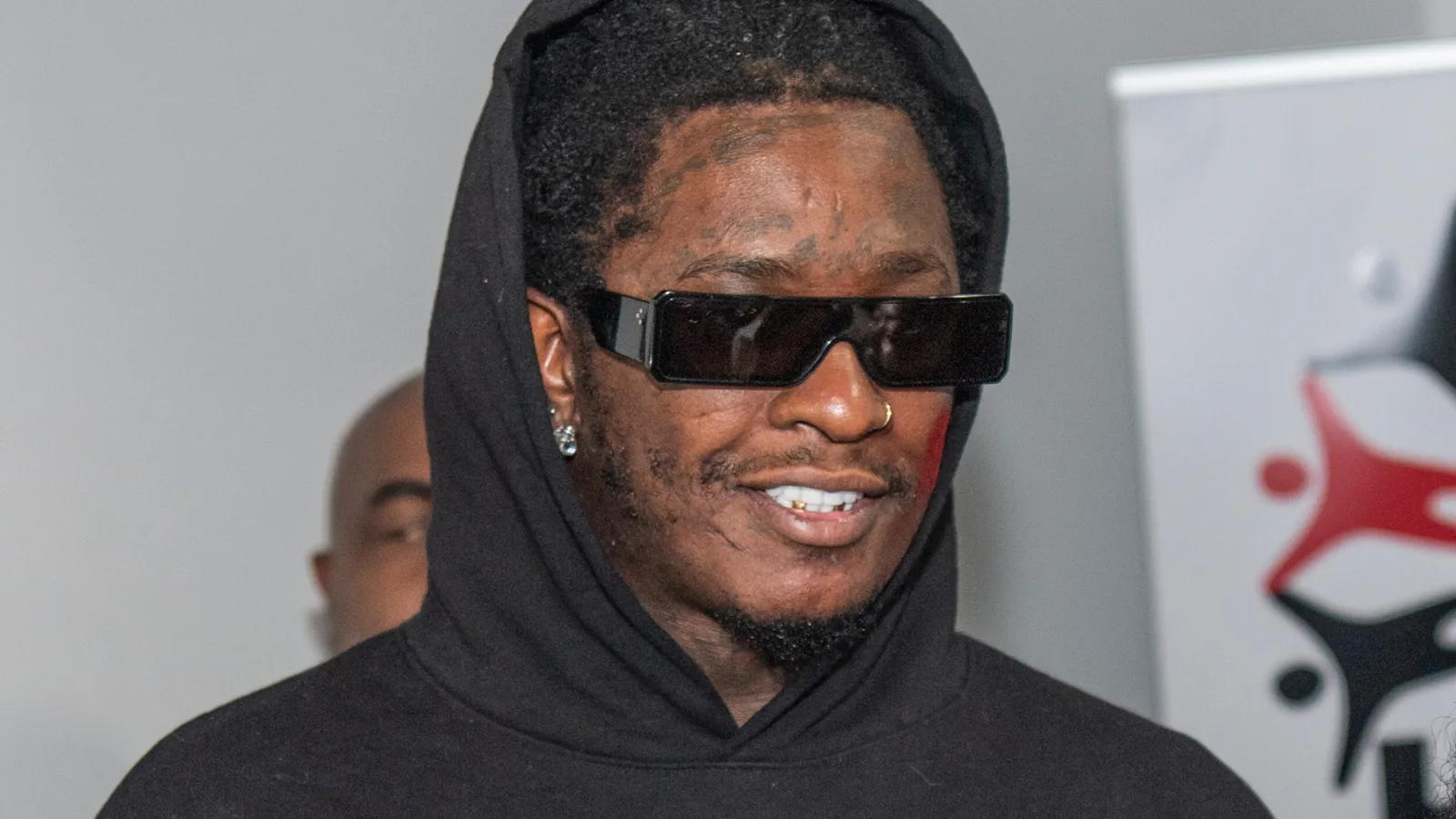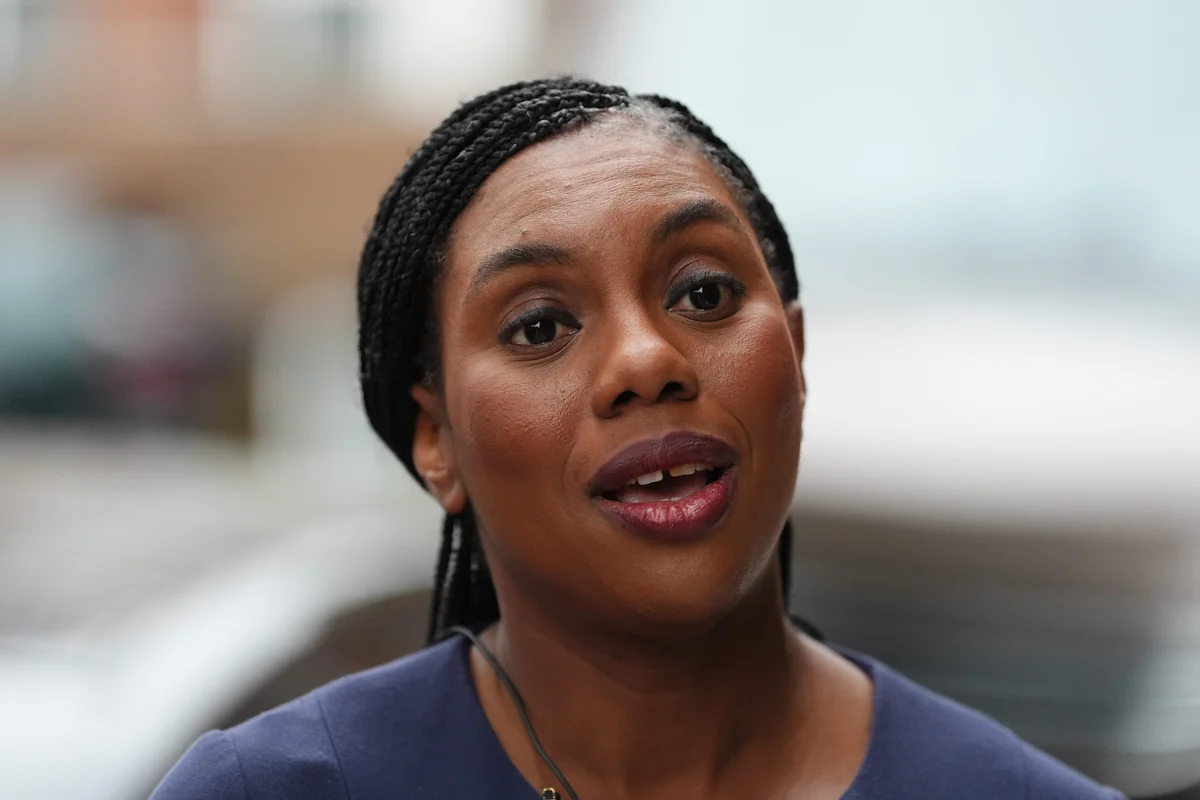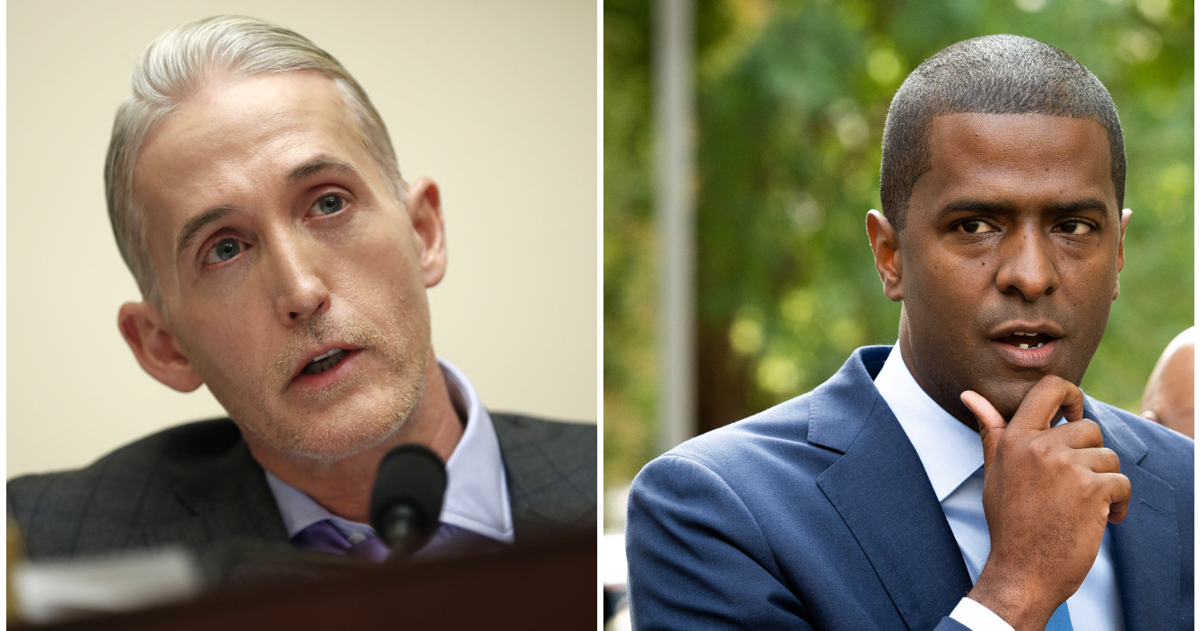
Trey Gowdy and Bakari Sellers have spent years on opposing sides. One is a Republican. The other is a Democrat.
And even after they both left South Carolina politics, they still regularly disagree on policy and offer their analysis on rival cable news networks.
But this week, they will meet at the College of Charleston to do something different, maybe even rare.
For 90 minutes on Oct. 2, Gowdy, the hard-charging former Republican congressman who now anchors his own show on Fox News, and Sellers, the Democratic wunderkind turned CNN commentator, will appear together onstage at the Sottile Theater to talk about how to disagree without demonizing the other side.
The discussion follows their April conversation at Wofford College, another event centered on showcasing perspectives from both sides of the political spectrum.
The Charleston event is free and open to the public, though registration is required to attend.
The public conversation comes at a time when eight in 10 Americans say the country can’t even agree on basic facts, according to a recent Pew Research Center survey.
It also comes just weeks after Utah Gov. Spencer Cox declared “Our nation is broken,” in the hours after the public killing of conservative activist Charlie Kirk.
In the wake of Kirk’s assassination, both Sellers and Gowdy warned about the growing division they are seeing in America.
Appearing on CNN on Sept. 15, Sellers said worried whether America had hit “rock bottom.”
“I just think that we have gotten so far off kilter in this country, where everything is political gamesmanship, everything is one upmanship, everything is divisive,” Sellers said.
At the top of his podcast on Sept. 16, Gowdy urged his listeners to be wary of politicians and people who routinely divide.
“We can reject those who spend all their time blaming the other side. I mean, what a fruitless endeavor,” Gowdy said, later adding, “We can see the demagogues from a mile away, the ones who use heated rhetoric for no reason except to monetize it or to increase their public profile.”
The conversation between Gowdy and Sellers will be moderated by Mike Lee, an author and professor of communication who also serves as the college’s director of its Civility Initiative.
Founded in 2023, the College of Charleston’s Civility Initiative was established with the goal of promoting healthy discussions of contrasting ideas, emphasizing how respectful conversations can help bridge political divides.
In a news release ahead of the event, Lee said the upcoming conversation with Gowdy and Sellers “perfectly illustrates this mission to find our common humanity, especially as we differ.”
“They come from opposite sides of the political spectrum, yet both are respected voices who understand the value of hard conversations done with respect,” Lee said. “Bringing them together demonstrates to our students and the wider Charleston community that dialogue across difference is not only possible – it’s essential.”
Gowdy served four terms representing Greenville and Spartanburg in Congress. The former federal prosecutor who made his national reputation during the Benghazi consulate attack investigation, announced in 2019 he would not seek reelection. He now hosts a podcast and show, “Sunday Night in America with Trey Gowdy,” on Fox.
Sellers, a Denmark, S.C., native and son of civil rights activist Cleveland Sellers, became the youngest Black elected official in the country at age 22 when he joined the South Carolina statehouse in 2006. He ran unsuccessfully for lieutenant governor in 2014 and has since built a national profile in his role as a political commentator on CNN.
Both men are also published authors.
Gowdy and Sellers are scheduled to appear at the Sottile Theater on King Street at 6 p.m. on Oct. 2.
It’s an unlikely pairing at a time when Americans spot division quicker than unity. A Pew Research Center survey this summer found eight in 10 Americans believe Republicans and Democrats not only disagree on policies but can’t even agree on basic facts.
